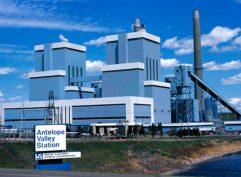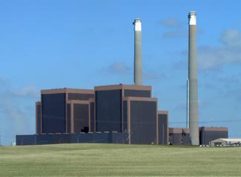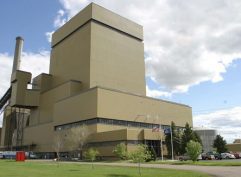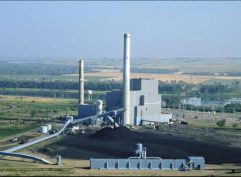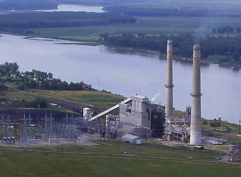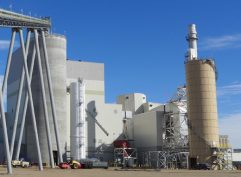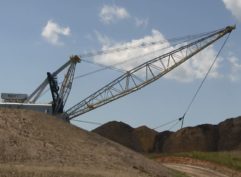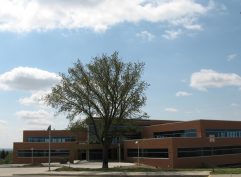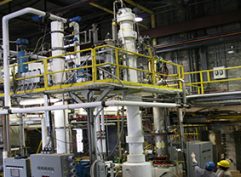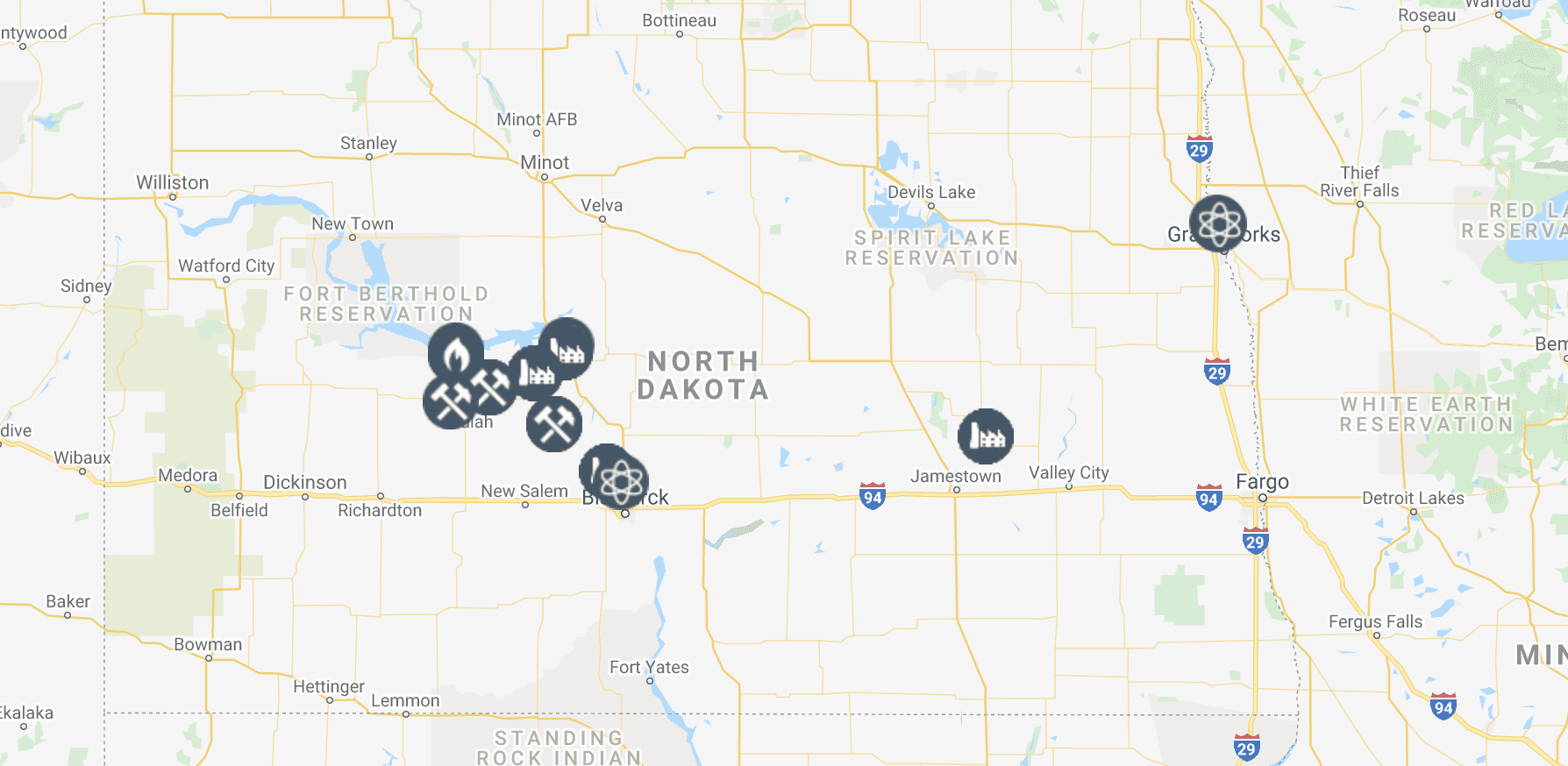Republicans build on supermajorities in North Dakota House and Senate
After the dust settled on the 2020 General Election it was clear that North Dakotans preferred to stay the course with the Republican Party at both the statewide and legislative level. Of the seven competitive statewide races, the GOP won all of them by an average of 34 percent. At the legislative level, Republicans earned victories in 65 of 69 even-year district races.
At the top of the statewide ticket, President Donald Trump carried the state with a 35 percent margin and Congressman Kelly Armstrong dominated his opponent by a 41 percent margin. All of the incumbent statewide officeholders retained their positions as Governor Doug Burgum won by 40 percent, State Auditor Josh Gallion won by 35 percent, Insurance Commissioner Jon Godfread won unopposed, Public Service Commissioner Brian Kroshus won by 35 percent and Superintendent of Public Instruction Kirsten Baesler won by 20 percent. The only new statewide officeholder is incoming State Treasurer Thomas Beadle, who won by 32 percent. He ran to fill the open seat vacated by Kelly Schmidt who decided not to seek reelection.
In the Legislature, Republicans will hold their largest majorities since 1969. The Senate Republicans picked up three seats to expand their margin to 40-7 and the House Republicans gained an open seat for a margin of 80-14. Among the losses in the Senate were longtime Senator Jim Dotzenrod, D-Wyndmere, and Senator Larry Robinson, D-Valley City. Sen. John Grabinger, D-Jamestown, first elected in 2012, also lost his seat. He was the assistant Senate minority leader.
An unprecedented event also occurred the day after the election. The legislative race in District 8, just north of Bismarck in coal country, saw candidate David Andahl tragically die from COVID-19 complications a few weeks before the general election. Since the election ballots had already been printed and early voting begun, nothing could be done to make changes to the race. On election day, Andahl received the second most votes which would have won a seat in the Legislature. The morning after, Governor Doug Burgum attempted to make an appointment to the seat with BNI Coal CEO Wade Boeshans as his selection, but that was quickly challenged by the legislative branch and the attorney general. This resulted in an expedited hearing at the ND Supreme Court where the justices ruled unanimously against the Governor and in favor of the Attorney General’s legal opinion that the century code laid out the process to fill openings in the legislature by the local party board. At this time, it appears that the Republican Party of District 8 will appoint longtime State Representative Jeff Delzer to the seat. It is unclear if any further legal challenges will happen in this matter.
The winners from election day will be sworn in during the Organizational Session December 1-3. Looking ahead to the 2021 Legislative Session, which begins on Tuesday, January 5, the main issues facing legislators are to determine which measures are needed to best respond to the ongoing coronavirus pandemic, how to balance the state’s next two-year budget and consideration of measures that tap into the $7.4 billion Legacy Fund oil tax savings.


